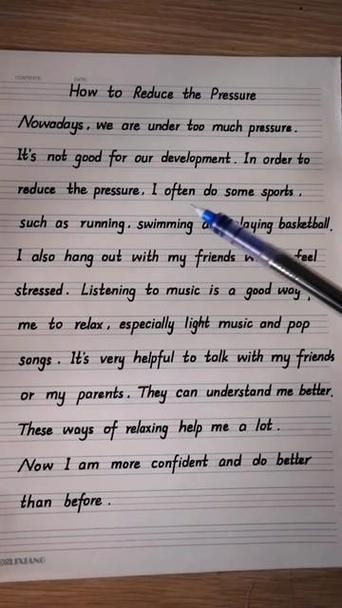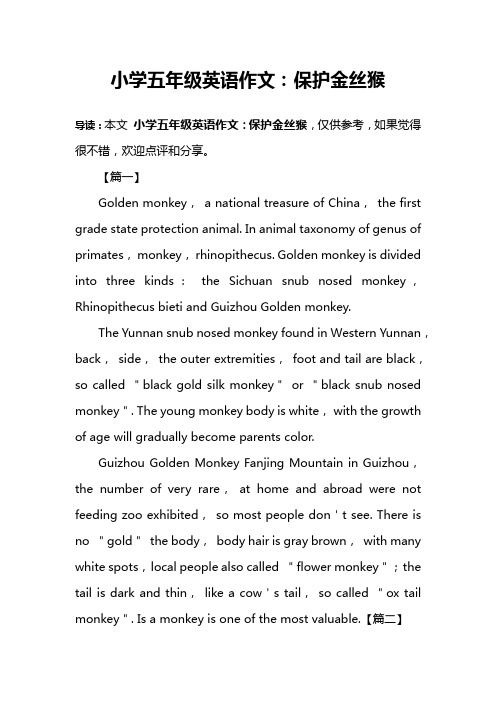A smile is a simple yet powerful facial expression that can have profound effects on both the person smiling and those around them. It's a universal language that transcends cultural and linguistic barriers, and it has the ability to convey a wide range of emotions, from happiness and friendliness to confidence and encouragement. The power of a smile is undeniable, and it has been proven to have numerous positive impacts on our lives.

Firstly, a smile can improve our mood. When we smile, our brain releases chemicals such as dopamine and serotonin, which are known to boost our mood and make us feel happier. Even if we're not feeling particularly happy, forcing ourselves to smile can trick our brain into thinking we are, and this can lead to an improvement in our overall mood. For example, when we wake up in the morning feeling grumpy, simply smiling at ourselves in the mirror can help to lift our spirits and set a positive tone for the day.
Secondly, a smile can enhance our relationships with others. People are naturally drawn to those who smile frequently, as a smile is seen as a sign of friendliness and approachability. A smile can instantly make someone seem more likable and trustworthy, and it can help to break down barriers between people. In social settings, a smile can be a powerful tool for making new friends or deepening existing friendships. For instance, when meeting someone for the first time, offering a warm smile can help to put the other person at ease and create a positive first impression. This can lead to a more enjoyable and meaningful conversation, and possibly even the start of a lasting friendship.
Moreover, a smile has the power to reduce stress. In times of stress or anxiety, our body goes into a "fight or flight" response, releasing hormones such as adrenaline and cortisol. However, research has shown that smiling can help to counteract these physiological responses. By activating the parasympathetic nervous system, which is responsible for relaxation, a smile can help to lower our heart rate, reduce blood pressure, and calm our mind. For example, when faced with a challenging situation at work, taking a moment to smile can help to alleviate some of the stress and tension, allowing us to approach the problem with a clearer and more focused mind.
In addition, a smile can also be a form of non-verbal communication. Sometimes, words are not necessary to express our feelings or intentions. A simple smile can convey approval, gratitude, or understanding without saying a single word. For example, when a team member makes a good suggestion during a meeting, a smile from the leader can show that the idea is appreciated and valued, even if there isn't enough time for a verbal acknowledgment. This non-verbal communication can help to foster a positive and supportive work environment.
Furthermore, a smile can have a positive impact in the workplace. Employees who smile more often are generally perceived as more professional, competent, and successful. They are also more likely to be approached by customers or colleagues for assistance, as their friendly demeanor makes them seem approachable and helpful. In customer service industries, a genuine smile can go a long way in improving customer satisfaction and loyalty. For example, a salesperson who smiles while serving customers will create a welcoming and pleasant atmosphere, encouraging customers to return and spend more time and money in the store.

In conclusion, the power of a smile should not be underestimated. It has the ability to improve our mood, enhance our relationships, reduce stress, communicate effectively, and even benefit us in the workplace. So, let's make an effort to smile more often, not only for the sake of those around us but also for our own well-being. As the saying goes, "A smile costs nothing but gives much." Let's spread the power of a smile wherever we go and see how it can make a positive difference in our lives and the lives of others.
未经允许不得转载:» 微笑的力量英语作文(微笑的力量英文佳作)

 佰一阅读网
佰一阅读网

















